By Dr. Rama V. Bennur
Vidwan S. Shankar is a fine vocalist who has carved a unique place in the field of Karnatak classical music. Known for his quest for classicism and reverence towards the great Vaggeyakaras, Shankar elevates his listeners to a higher level with his vast repertoire. The clear diction unfurls in a majestic style in his rich voice. He treated the rasikas of Mysuru with a fine concert at Veene Seshanna Bhavan (10.5.2017)under the aegis of Ganabharathi. Accompanied by N. Karthik (violin), Tumkur Ravishankar (mridanga) and Manjunath (ghata), he presented the compositions of Mysore Vasudevacharya, Muthuswamy Dixitar and Tyagaraja mainly.
After the opening varna, ‘Sarasuda’ (saveri), he paid obeisance to Lord Ganapathi in ‘Lambodaramavalambe,’ with a brief sketch of Raga Kambodhi. A neraval at ‘Surabhoosurasamsevitha’ had a frill of brisk kalpana swaras. The opening phrase of the next alapa itself registered the forthcoming raga — Abheri. A neat presentation with no gimmicks was filled with raga bhava. The subtle nuances of abheri were well touched by both Shankar and Karthik.
Vasudevacharya’s ‘Bhajare re maanasa’ was a welcome. Tyagaraja’s popular kriti ‘Nee dayarada’ (Vasanthabhairavi)paved way to a good delineation of Reethigowla. His musical ideas came alive in this vakra raga. A devotee’s request to Lord not to leave his proximity has been filled in Tyagaraja’s ‘Nannuvidachikadalakura.’ Shankar did full justice to the composition with good diction and bhava.
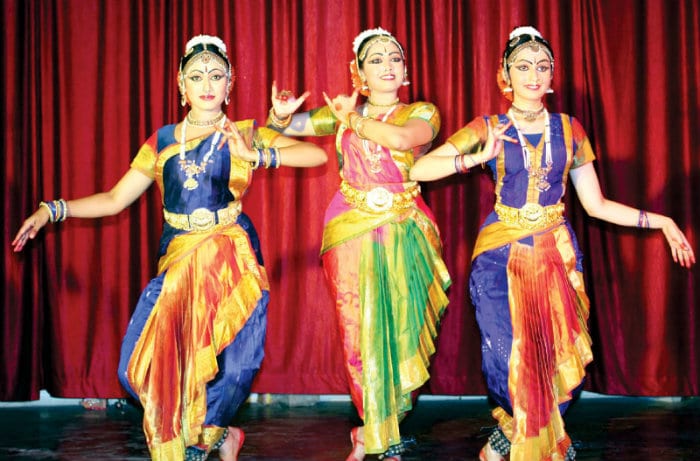
Tanusri, Padmasri and Deepti presenting ‘Nrutya Vaibhava’ at Alwar Kala Bhavan recently.
His deep commitment to classicism was notable in the detailed presentation of Raga Shanmukhapriya. It was innovative and fresh with a stamp of Shankar’s style. A perfect prelude to Patnam SubramanyaIyer’s ‘Mariveredikkevarayya.’
The kriti with the right pace and appropriate gamakashadan impromptu improvisation at ‘Sannutangashri Venkateshaneeku’ followed by an attractive cascade of kalpana swaras.
Tumkur Ravishankar and S. Manjunath gave a fine rhythmic support throughout the concert. Shankar chose yet another raga to enthral the listeners. Mohana was embellished with alluring melodic phrases that was very pleasing. Karthik’s rendering too was impressive which he executed with fluidity to bring the raga bhava. Tyagaraja’s ‘Nannupalimpanadachiti’ was followed by interesting kalpana swaras. Shankar also sang Dixitar’s evergreen ‘Rangapuravihara.’ The tail pieces included an Ugabhoga, Devaranamaof Sripadarajaand a ‘Rangageethe’.
Sri Krishna Sangeetha Sabha: ‘Nrutya Vaibhava’ by three senior disciples of Dr. Vasundhara Doraswamy was held at Alwar Kala Bhavan (14.5.2017) by Sri Krishna Gana Sabha. Tanusri, Padmasri and Deepti performed with ease to the recorded music, in the absence of their Guru.
These three young dancers have gained stage experience by performing with their Guru on many occasions. They looked fresh and beautiful, eager to mingle and meld with each other to present a unifying picture. All the items were shared by all three of them.
The opening ‘Melaprapthi,’ followed by Shivastuti displayed their confidant dancing. ‘Krishna kautvam’ in the raga Mohana, composed by Dwaraki Krishnaswami, had ‘Kalingamardana’ in the sanchari. Mysore Vasudevacharya’s popular keerthana ‘Brochevarevarura’ (Khamach) brought alive the story of Gajendra Moksha in ‘Aaturamugakarirajuni’. ‘Aadidanaadidan’ was a Padam in the raga Vasantha, taken from the work of Harihara, a Kannada poet. Dr. Vasundhara has tapped Kannada literature and adopted works of a number of ancient Kannada poet’s for dance. This number displayed the gait of peacock, elephant, deer and serpent.
A Devaranama by Sripadaraja ‘Taamtaamtaamendu’ in ragamalike showcased dashavatara. Their quickness in this regard was laudable. After another Devaranama ‘Bhagyada Lakshmi baramma’ by Purandaradasa, they concluded the program with a thillana by Swathi Tirunal in the raga Dhanasri. Good abhinaya and foot work by the girls enabled them to present an attractive program. The CD had Dr. Vasundhara on natuvanga, P. Rama (vocal), P. Janardhana Rao (mridanga), S.V. Balakrishna (morcing), Anup (violin) and Jayaram (flute).



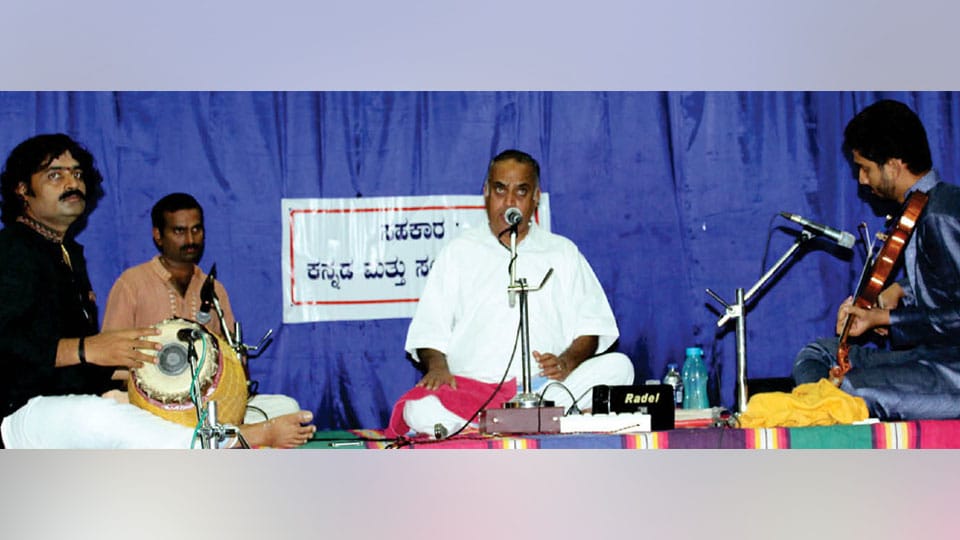
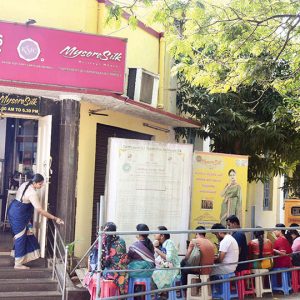
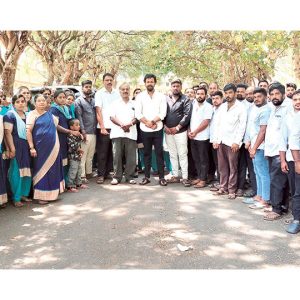
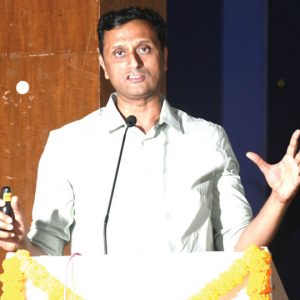
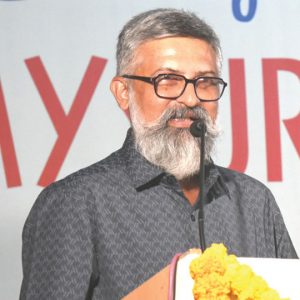
Recent Comments